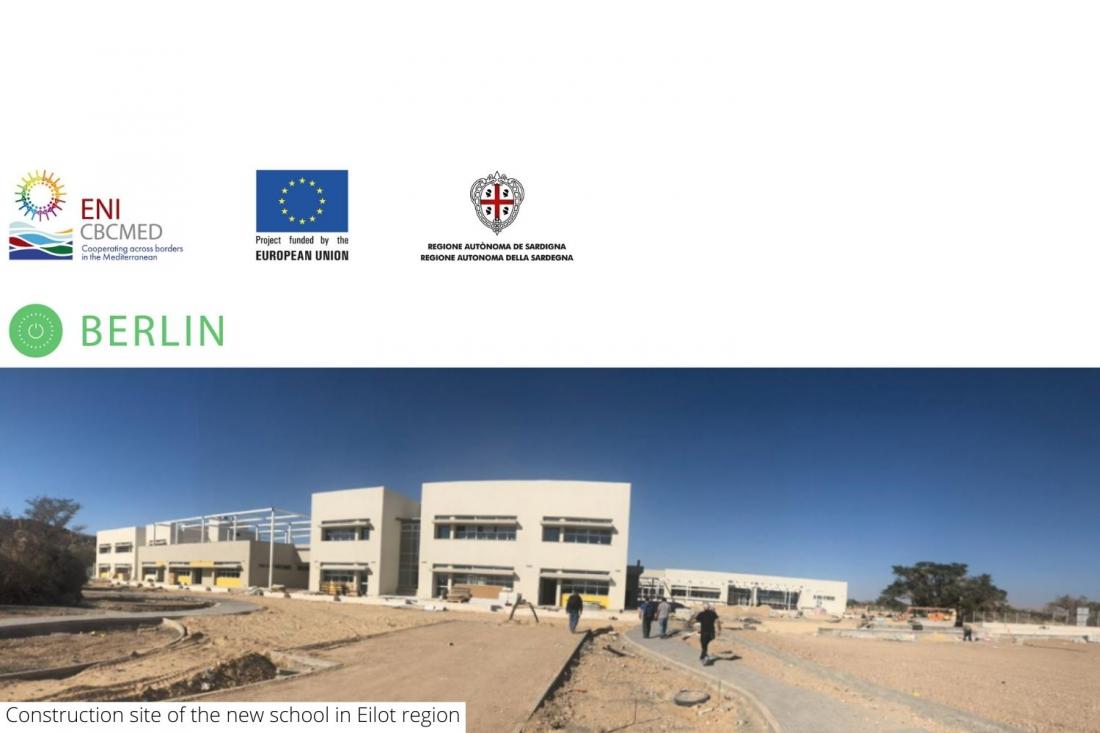BERLIN: Two elementary schools in Israel are becoming smart and energy self-sufficient buildings

The Ben Gurion University (BGU) team continues with the installation of the microgrid monitoring system in both Israeli elementary schools being the pilots of BERLIN project, the Yeelim school in the city of Eilat and Nof Edom school in Eilot regional council.
The older Yeelim school consists of a single 3 store building. Within the BERLIN project, all the classrooms are planned to be equipped with smart meters that are capable to measure air quality and A/C system electricity consumption. A total of nine classrooms are full time used for studies and are fully equipped with the smart monitoring devices. The rest of the classes are being used occasionally. The monitoring equipment will be installed in these classrooms in the upcoming months.
The modern Nof Edom school consists of the 2 store classrooms building and additional administration building which is also partially used for classrooms. In the 2-store building, the BGU team installed smart electricity and air quality meters in 18 locations, both classrooms and shared spaces. Moreover, smart devices were installed for remote management of the A/C systems according to the Demand Side Management algorithm which is going to be developed in BGU.
Moreover, the BGU team of scientists has developed a highly flexible monitoring software package, which is able to automatically gather the acquired measurements, to analyse and validate it, to send email alerts in case of technical malfunctioning, to store in several backup locations and transfer to the members of BGU research team for further analysis and learning.
All measured data is already available online in beta version of the web dashboard. The full version is being developed and will include customized views for children and decision makers, as well as insights regarding the energy status of the pilot buildings.
Finally, the BGU research team works on developing several analysis algorithms and concepts, which provide an overall solution for increased power efficiency in the pilot sites, i.e., educational program for raising the awareness of children to electricity consumption, an improved thermal comfort and validation of envelope insulation performance. This work will continue throughout the pilot implementation phase in the region.









